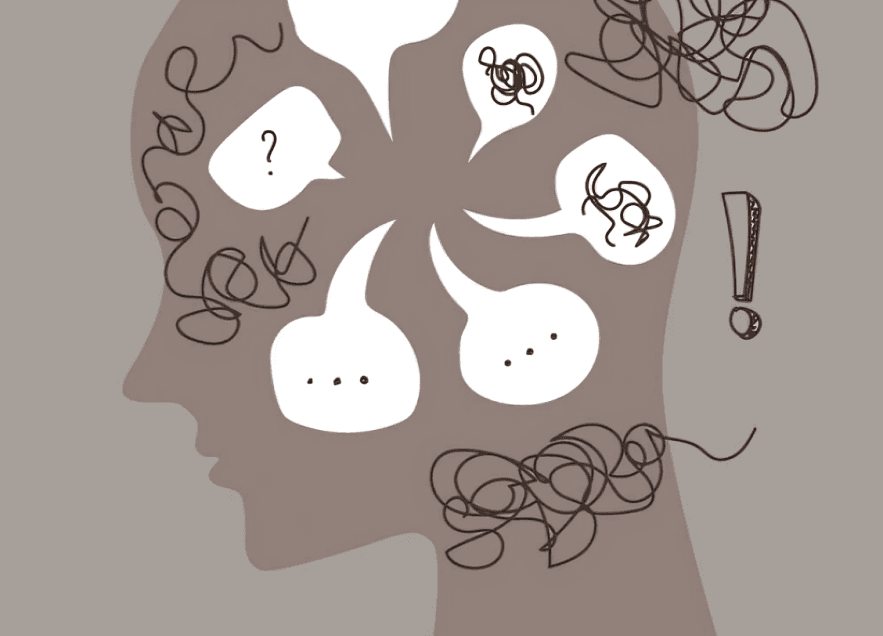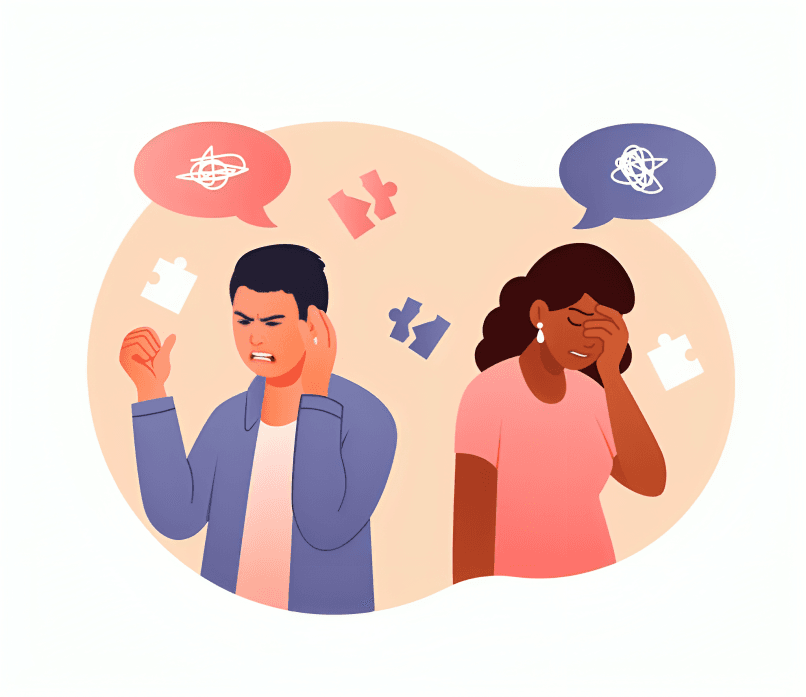
“
1
Toxic relationships can deeply affect mental health, causing emotional distress and long-term psychological damage. Understanding the effects of toxic relationships on mental health is crucial for healing. This article explores 20 facts about toxic relationships and mental health.1
1
”
Emotional manipulation in toxic relationships can damage self-esteem, causing individuals to feel unworthy or incapable, leading to feelings of self-doubt and insecurity that persist long after the relationship ends. 1
Constant criticism and belittling from toxic partners erode self-worth, triggering depression, anxiety, and feelings of hopelessness, which can have long-term effects on overall emotional and psychological health. 2

The fear of conflict or verbal abuse in toxic relationships triggers heightened levels of stress, leading to chronic anxiety, trouble sleeping, and persistent fear, often resulting in mental and physical exhaustion.
Being in a toxic relationship can create a deep sense of isolation, as the individual may feel unsupported, misunderstood, or unloved. This isolation can exacerbate feelings of depression and loneliness. 3
The emotional toll of being in a toxic relationship can lead to difficulty trusting others, as past experiences of betrayal, manipulation, and control create lasting barriers to forming healthy, supportive connections. 4
Toxic relationships often involve gaslighting, where the abusive partner manipulates the victim into questioning their reality. This leads to cognitive dissonance, self-doubt, and long-term emotional instability. 5
The emotional and mental abuse in toxic relationships leads to trauma bonding, where the victim becomes emotionally attached to their abuser despite the harm, making it harder to break free from the cycle. 6
In toxic relationships, individuals often experience emotional burnout from constant stress, leading to a weakened immune system, chronic fatigue, and an inability to cope with daily challenges, affecting overall health. 7

Chronic emotional stress from toxic relationships can trigger or worsen mental health disorders like depression, PTSD, and anxiety. Prolonged exposure to negativity leaves lasting scars on a person’s emotional well-being.
Toxic relationships can distort an individual's perception of love and healthy behavior, leading to dysfunctional relationship patterns in future connections, which perpetuate feelings of unfulfillment and mental health struggles. 8
In toxic relationships, emotional abuse often takes the form of neglect, where one partner’s needs and emotions are ignored or minimized. This causes feelings of abandonment and emotional pain. 9
A lack of emotional support in toxic relationships makes it difficult to cope with stress and personal challenges. This isolation hinders the development of effective coping mechanisms, increasing vulnerability to mental health issues. 10
Toxic partners often exhibit controlling behaviors that undermine autonomy, leading to feelings of powerlessness, low self-esteem, and emotional distress, contributing to the development of anxiety or depressive disorders. 11
People in toxic relationships may internalize negative comments or abusive behavior, leading to a distorted self-image. Over time, this results in chronic feelings of inadequacy, guilt, and depression. 12
The constant emotional volatility in toxic relationships causes individuals to experience mood swings and emotional instability, making it difficult to regulate emotions, exacerbating mental health issues like anxiety and depression.13

Being in a toxic relationship may prevent individuals from pursuing personal goals or self-care, leading to a decline in self-worth, resulting in feelings of resentment, regret, and unfulfillment that impact mental well-being.
Individuals in toxic relationships may struggle to assert themselves, feeling unheard or invalidated. This lack of validation undermines confidence, contributing to feelings of frustration, sadness, and hopelessness. 14
The fear of confrontation in toxic relationships leads to passive behavior, where the individual suppresses needs and desires. This avoidance creates emotional tension, contributing to long-term mental health struggles. 15
People in toxic relationships may struggle to maintain boundaries, leading to emotional and mental exhaustion. This ongoing depletion of energy results in burnout and a diminished ability to engage in healthy relationships. 16
A toxic relationship creates a constant cycle of emotional highs and lows, which takes a toll on mental health, leading to emotional vulnerability and a persistent sense of instability.17


